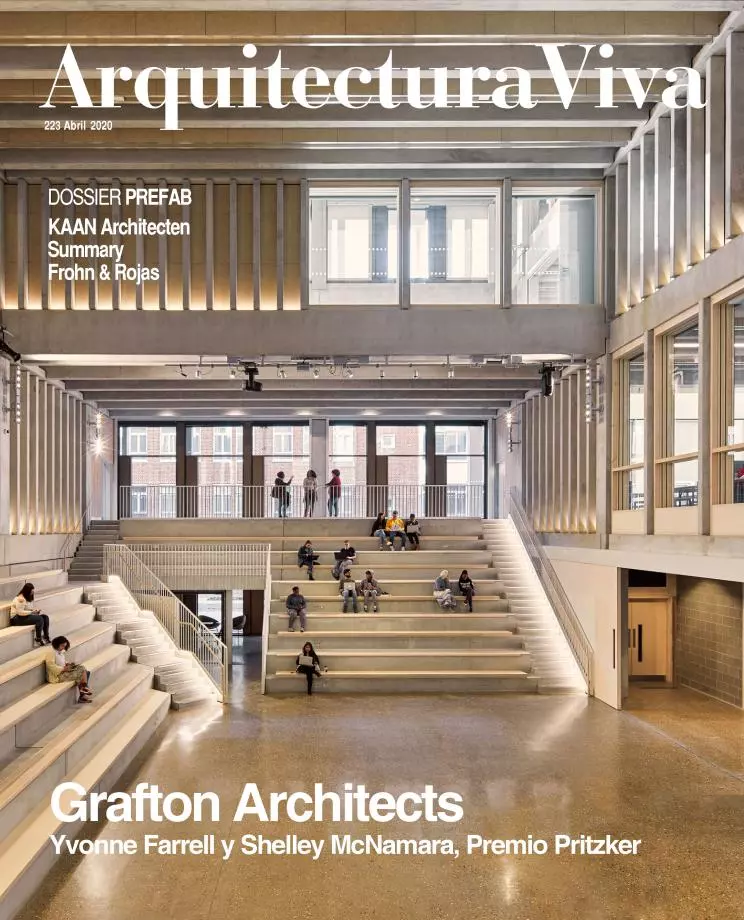
Madrid 014, foto tomada desde la cabina de un Airbus A320 en la zona de Campo Real (Madrid)
We need emptiness as we need silence. The tiring ‘empty Spain’ controversy draws our attention to the depopulation of vast territories, but does not explain the advantages of having geographical spaces not colonized by sprawl. Some activists prefer the tag ‘emptied Spain’ to place the blame on the power of attraction of large cities, and fail to mention that people vote with their feet. Metropolitan appeal has gathered many of us in compact cities, leaving behind the silence of scarcely populated territories. The cacophony of civic agitation versus the placid beatitude of the province are extremes of a tension that could also be formulated between a mix of stimuli and a place halted in time. However, that same countryside is home both to the new activities documented in Rem Koolhaas’s exhibition at the Guggenheim and to farmlands whose precarious competitiveness has recently made tractors take European roads.
Some say that infrastructures order the territory giving its nodes priority, but so do orography and water resources, and it does not seem easy to impose a homogeneous grid over a peninsula traversed by mountain ranges and tensioned by the coasts and the valleys of large rivers. The diversity of the terrain offers places of very different characteristics, ways of life, and opportunities, and people move changing residence and habits to adapt to their preferences or possibilities, knowing that it is not possible to ask for silence in the metropolis or for clatter in the village. Beyond the reasonable supply of minimum services, the so-called ‘empty Spain’ cannot demand airports, high-speed trains, opera houses, or large stadiums, because these facilities are inseparable from density, just as what could be called ‘full Spain’ must accept the fact that its privileged educational, cultural, or health services are incompatible with the calm flow of rural life.
The determination to fill empty spaces is not very different from that of devoting every fraction of time to productive effort, ignoring that our bodies and our minds, just like our harvest lands, need fallow periods, leisurely walks, and distracted digressions. It is thus fair to defend emptiness not from the mystic sense of relinquishment or minimalist laconicism, but from contempt for the rhetorical optimization of time and space, an empty and sterile productivism that fills territories and lives with sleepless activity. But the void has worse press than silence, and it is easier to praise ‘silent Spain’ than ‘empty Spain,’ because the second term implies loss and absence, while the first belongs to the lineage of the silent, those who refuse to speak to avoid being dragged by the idle talk that fills the media and the internet. After all, we survive the gale of time in the pauses of history and in the hollows of landscape.





